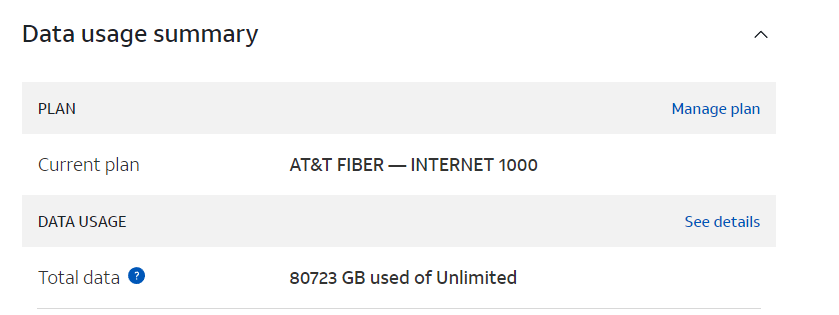I’d be interested in something like this myself. I do have 2 locations or potentially many more, across the globe that I can use by myself, the only problem with that is potential debugging across the globe via phone, in different time zones, without remote control, with non-tech savvy people. Trust me, I’ve done it and it ain’t pretty.
But there are a few problems with the colocation approach you propose mostly involving trust. But I’d be down for it on this forum.
Normally you cannot guarantee a few things:
- That the other party will not use the NAS as a VPN and use your connection to pirate stuff and get you in trouble.
- That the hardware you colocate will be well maintained, like on a UPS and in a room that doesn’t get a lot of heat or dust, or if it does get dusty, at least that it gets cleaned up from time to time.
- That the other party will not just steal your hardware, or allow you to use his connection a week or two, then ghost you.
- That you get the same in and out bandwidth, unless you agree not to dispute this too much.
Some of those issues can be fixed. For the purposes of this discussion, party A = you, party B = the other party. We could have each party set up their box to connect to a VPS via wireguard. Everything is plug and go, to make it as trustless as possible. Box B on network A is only allowed outgoing to the internet to the VPS, only on the wireguard port and nowhere else. Same for box A on network B. Both parties back their data through the VPS to their colocated boxes, only through the wireguard IPs.
This way, we insure that the home connection won’t be used for piracy. On the VPS, you don’t allow the IPs from the wireguard tunnel to access the internet either, they will be basically blind to the outer world. This insures that:
- The data cannot be exfiltrated even if the box is hacked by other parties, unless they gain access to the network A or B firewall as well.
- That one party does not misuse the network connection of the other party.
We still don’t get around the potential of the party stealing your hardware, but that risk should be assumed from the start anyway. You have to put trust in the people you are going to collaborate with anyway when it comes to colocation. Besides, you should expect your hardware to burn down and party B should expect the same to theirs. But the chances of both places burning down around the same time or in quick succession are close to 0. So you would both benefit from this security for backups.
One other thing. In the same country, it may be easy to ship stuff, but to other countries, it is not as easy and it’s also potentially more expensive due to tariffs and other stupid politics. So, easiest thing to do would be to make an account with a local shop there, use your own debit or credit card, or something like privacy . com and buy stuff in your name or pseudonym and ship them to party B. Party B can do the same to party A.
I’d be down for something like this, but I’m short on money, I’d like to get a nice backup location to someone’s house for some important files.
I would not really do it in the real sense as a colocation for backup services, like say, DR site where I would keep a replicated DB and HA servers. I would only use this option as a backup location.

